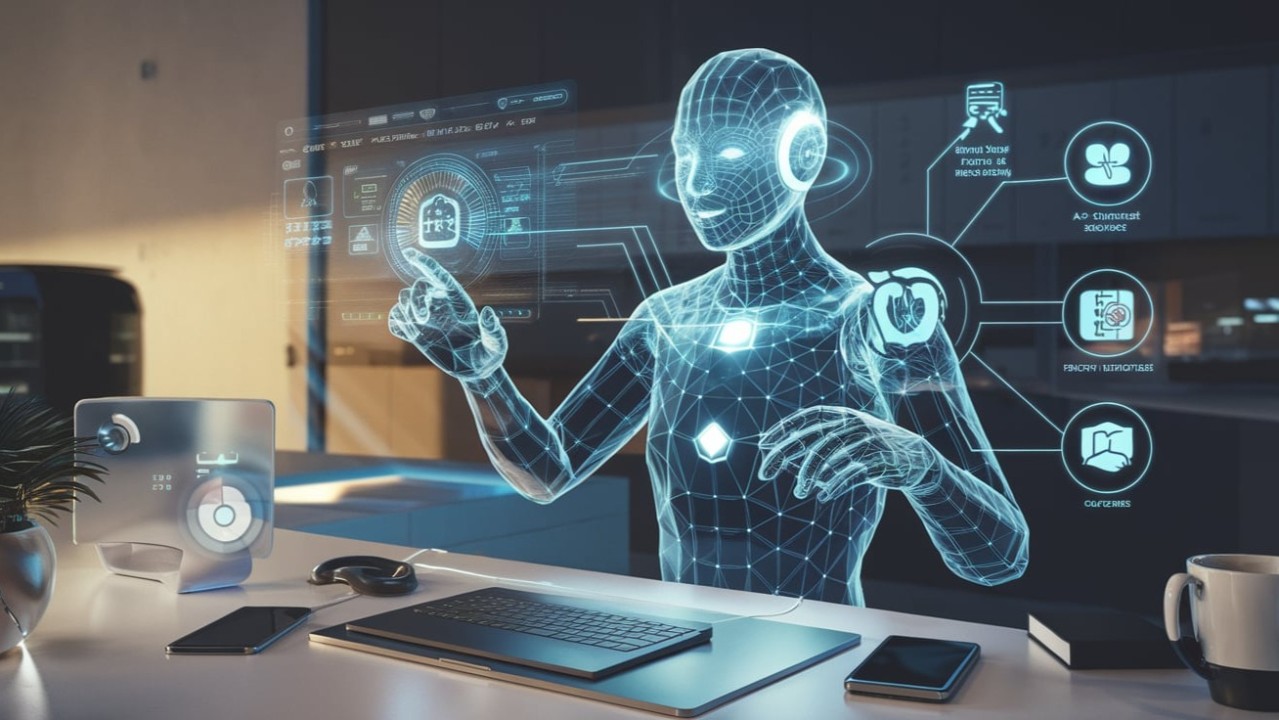From Sci-Fi to Reality: The Rise of AI Assistants
Remember the days when talking to a computer felt like something straight out of a sci-fi movie? Fast forward to 2025, and artificial intelligence isn’t just a futuristic concept—it’s woven into the fabric of our daily routines. Smart assistants, powered by advanced AI, are transforming how we work, communicate, and even relax. Whether it’s scheduling meetings, answering complex questions, or helping us learn new skills, these digital helpers are becoming indispensable.
At the heart of this revolution is the ability of AI to understand context, learn from interactions, and anticipate needs. Companies are racing to create more intuitive, conversational, and personalized experiences. The goal? To make technology feel less like a tool and more like a trusted companion.
Beyond Voice Commands: The Evolution of Interaction
Gone are the days when AI assistants were limited to setting timers or playing music. Today, they can draft emails, generate creative content, and even assist in coding. The integration of natural language processing (NLP) and machine learning allows these systems to grasp nuances in human speech, making conversations smoother and more natural.
For example, modern AI can now:
- Summarize lengthy documents in seconds, saving professionals hours of reading.
- Translate languages in real-time, breaking down communication barriers.
- Analyze data trends, helping businesses make informed decisions faster.
The key here is accessibility. You don’t need to be a tech expert to benefit from AI. With just a few words, you can unlock a world of information and automation.
The Power of Personalization
What sets today’s AI apart is its ability to adapt to individual preferences. Your assistant learns from your habits—whether it’s your favorite coffee order, your preferred meeting times, or the news topics you care about. This level of personalization isn’t just convenient; it’s revolutionary. Imagine a world where technology anticipates your needs before you even articulate them.
Take, for instance, the humble logo of your favorite app. Behind that simple icon lies a complex system designed to recognize your voice, understand your intent, and deliver results tailored just for you.
Ethics and the Road Ahead
With great power comes great responsibility. As AI becomes more embedded in our lives, questions about privacy, security, and ethical use are more important than ever. Developers and policymakers are working together to ensure that these tools are transparent, fair, and secure. The focus is on building trust—because for AI to reach its full potential, users need to feel confident in how their data is used.
The future of AI isn’t just about smarter algorithms; it’s about creating technology that respects human values and enhances our quality of life.
What’s Next?
The next frontier for AI assistants is emotional intelligence. Researchers are exploring ways for AI to recognize and respond to human emotions, opening doors to applications in mental health, education, and customer service. Imagine an assistant that not only answers your questions but also offers empathy and support when you need it most.
As we stand on the brink of this new era, one thing is clear: AI is more than a tool. It’s a partner in our journey toward a more connected, efficient, and compassionate world.
What’s your take? How do you envision AI shaping your daily life in the next five years? Share your thoughts in the comments!

